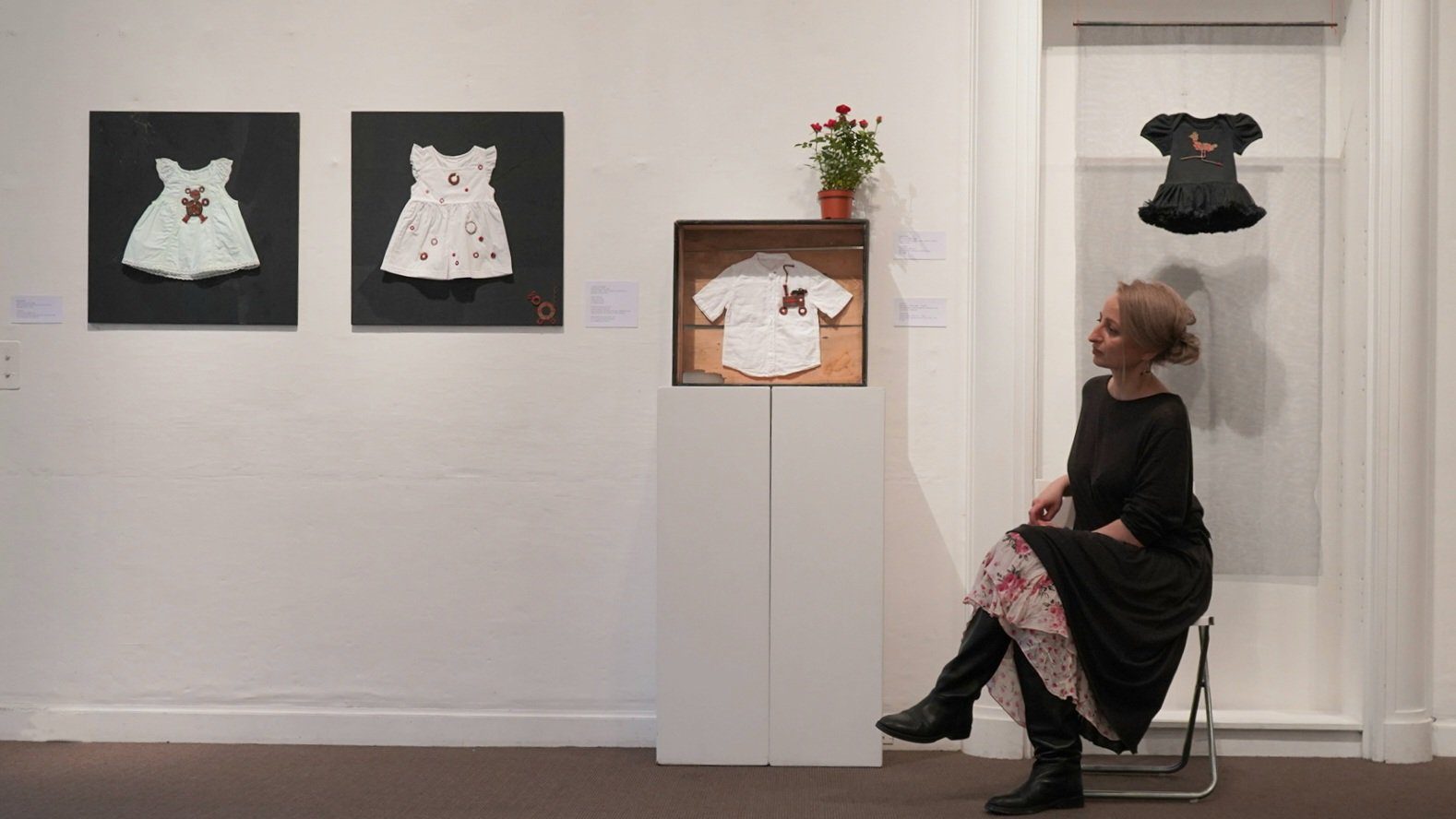This post is also available in: Bosnian
In an interview for BIRN – Justice Report, Dr. Antic Stauber explains that depression, violent behaviour, juvenile delinquency, the tendency for drugs or prostitution, and even physical illness are caused by stress and these could be the possible consequences felt by children and youth in Bosnia and Herzegovina, whose parents are struggling with the trauma of war.
This phenomenon is called the trans-generational transmission of trauma, and Dr. Antic-Stauber, who works with victims of sexual violence and former prisoners of war, claims that the consequences can already been seen on the families of victims.
She explains that transmitted trauma often leads to a permanent change of personality of children.
“In Bosnia and Herzegovina, we are not working to help the people who have suffered trauma, and they end up transmitting it to the family, to children, which creates a new trauma. Depending on daily events and triggers, this leads to a permanent change of personality, which affects the whole family – and the family is the basis of our society,” said Dr. Antic-Stauber.
According to the World Health Organization, about 10 percent of the population in Bosnia and Herzegovina is suffering from war trauma. However, Dr. Antic-Stauber claims that the number is much higher, and that the majority of citizens have some kind of war trauma.
As she says, due to such a large trauma in families, young people turn to drugs in order to escape from reality, or they even decide to run away from home.
“The girls know to drift away from home and that leads to early marriages, which in turn, leads to other problems. Often, when they are in the age from 14 or 15, they decide to get married and these are often failed marriages, because they were not the result of of love or actual decision. They are not mature and these women become victims of domestic violence,” says Dr. Antic-Stauber.
According to her, the trauma within families is most visible in refugee settlements near Tuzla.
“Now, in these refugee’s settlements, we also have a third generation, i.e. the grandchildren of people who have survived the war, and who have been traumatised. We have little children who have prolonged nocturnal enuresis, fear…,” says Dr. Antic-Stauber.
The worst consequences of the transmission of trauma on children, as Dr. Antic-Stauber says, are physical malignant diseases, which are caused by stress, ranging from high blood pressure to cancer.
“We have an example of a mother who is a civilian victim of war, who was sexually abused, and her children, who were with her at the time when she was held in the detention camp while this was happening to her. Both children developed malignant diseases. The son, aged 28, and daughter, aged 23, developed malignant diseases of the organs that are connected as a reaction to the rape,” said Dr. Antic-Stauber, explaining that the children suffered from malignant stress diseases.
According to her, the refusal of state institutions to seriously address these problems leads to an “uninterrupted chain of trauma and problems” for the whole of society.
Dr. Antic-Stauber argues that the problem of transmission of trauma to future generations has been known for years to psychiatrists and sociologists, and hence, Bosnia and Herzegovina should be better prepared to face this problem.
“We have lost a great amount of time, because 18 years have passed since the war. We have lost one generation, because we let our wives and men who went through the war to live without care and to transmit this trans-generational trauma. Therefore, the number of traumatised people has indirectly increased,” she adds.
According to Dr. Antic-Stauber, a huge problem for society in Bosnia and Herzegovina is that there are no laws on victims of torture or civil war victims at the state level.
Dr. Antic-Stauber is also the president of the Snaga zene (“Power of Women”) association, which since 2002 has been working on the acceptance of returnees in Srebrenica, with the goal to reduce the trauma and stress which these people have lived through.
“Immediately upon the return of women to Srebrenica, we began group psychotherapy. Now we are working on two locations, in Potocari and in the town of Srebrenica itself. These are large groups and with them, we are working the group psychotherapy and sociotherapy. We are particularly pleased with the results of the working-occupational therapy, which reduces trauma and provides psychological relaxation and detachment from reality,” she explains.
Dr. Antic-Stauber argues that only with prolonged work with traumatised people can the negative consequences of the trauma on families and society be overcome.




